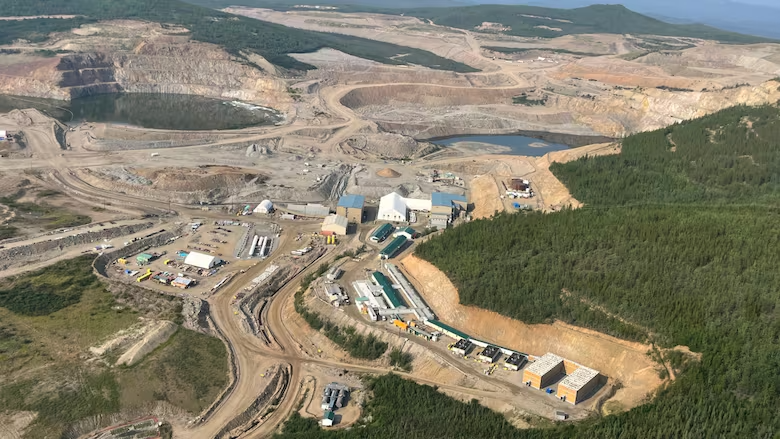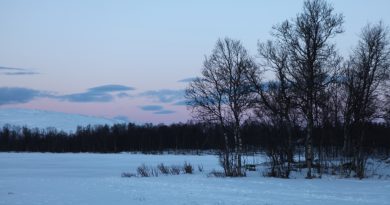Yukon’s mining law framework promises major change, but not everyone’s happy

Draft could upend territory’s longstanding free-entry system for mining claims
It’s a document that outlines sweeping changes to the Yukon’s mining laws.
Perhaps unsurprisingly, not everyone is happy about it.
First Nations and the Yukon government are negotiating a draft framework for a new mining law. The 30-page document is not the actual law itself — that will come later — but Math’ieya Alatini, the grand chief of the Council of Yukon First Nations, said it would at least serve as a road map.
“It really just sets the intentions, spirit and intent, if you will, of the chapters so that the legislators and the actual legal drafters have got some guiding principles to work from,” she said.
Work on the framework has gone on, largely in secret, since 2021. But a copy of the document, obtained by CBC News through an access to information request, offers a look at what’s on the table.
Mineral rights changes
Perhaps the biggest proposed change has to do with the way mineral rights are granted. Under the current system, prospector claims automatically include mineral rights. Under the proposed new system, prospectors would apply for what’s called an “area of mineral exclusivity,” in essence the right to explore that land for minerals. Miners would then have to apply for mineral rights after working the claim.
That’s a significant change because it would effectively end the free-entry staking system, which grants mineral rights automatically to prospectors working public lands, as it’s currently practiced.
The framework also includes a provision to enable enforcement officers to enter properties and seize evidence, in some cases without a warrant. There are also new penalties for violations in the framework, ranging from cash fines to the outright cancellation of mineral rights.
Not all First Nations are happy about what’s being proposed.
“The framework just simply does not go far enough in achieving the transformative changes that we need to ensure that it respects our rights,” said Dawna Hope, Chief of the First Nation of Nacho Nyäk Dun. She said her First Nation is still reeling from the Eagle gold mine disaster and that its traditional territory is home to more than 82,000 mining claims.
Hope said Nacho Nyäk Dun still intends to enforce its own mining policy instead of the Yukon’s current laws. The Yukon government has said its laws still apply.
Exclusion of mining industry
Meanwhile, the Yukon Chamber of Mines has yet to see a complete version of the draft. The chamber is not at the table for negotiations on the framework. Chamber president Jonas Smith said the mining industry should have been involved from the get-go.
“I would just argue that when they’re talking about entirely redoing how things are done … that industry should be informing those discussions before expectations are set and potentially have to be walked back to something that is, if not more realistic, at the very least needs to consider the competitiveness of our jurisdiction,” he said.
Any actual new legislation is still a long way off. Alatini, the CYFN grand chief, said negotiations this past week aimed to finalize the framework. But there’s no chance it will become law before the next territorial election, which must take place by Nov. 3.
Still, Alatini said any future government, regardless of which party wins the next election, ignores the framework at its peril.
“It would be problematic if any future government came in and did not actually adhere to the wishes of five years’ worth of work from all representatives of these voices,” she said. “I think it would be foolish to have that work thrown away.”
Related stories from around the North:
Canada: Draft document outlines sweeping changes to Yukon’s mining laws, CBC News
Greenland: Greenland ‘Freedom City?’ Rich donors push Trump for a tech hub up north, Reuters
Russia: Russia sees stable oil exports and booming gas business by 2050, Reuters
Sweden: Swedish developer GRANGEX buys iron ore mine on Norway’s border to Russia, The Independent Barents Observer
United States: Environmentalists criticize Trump administration push for new oil and gas drilling in Alaska, Alaska Public Media



